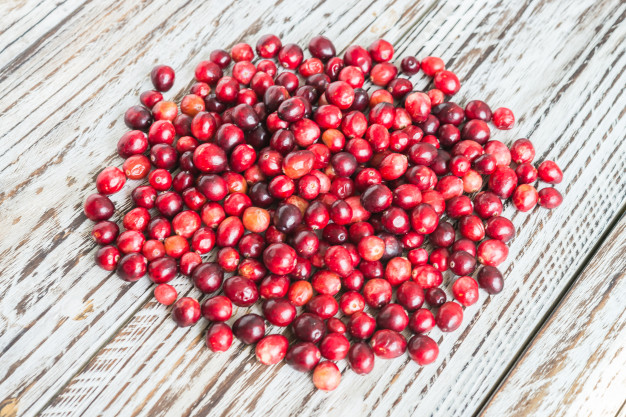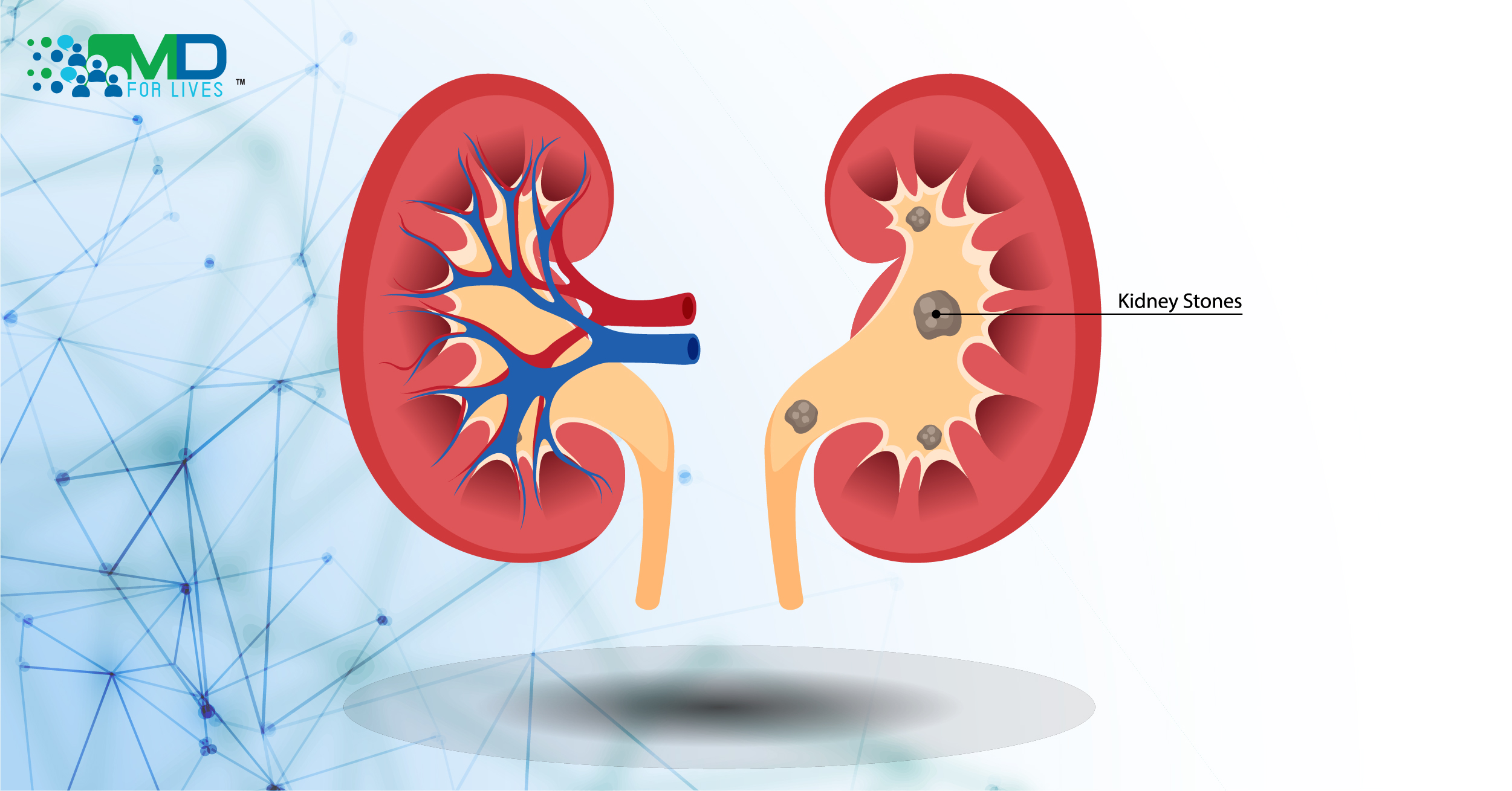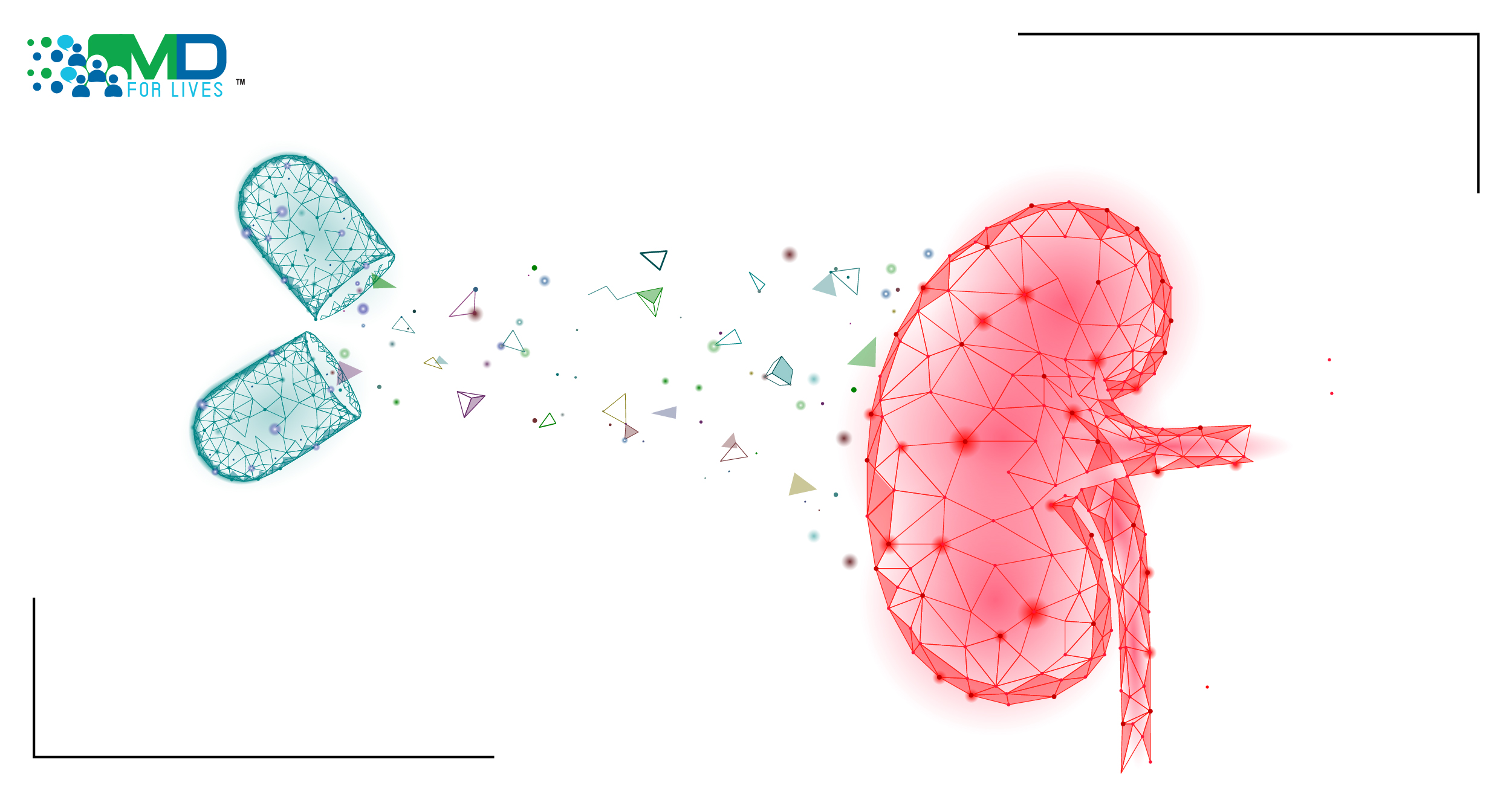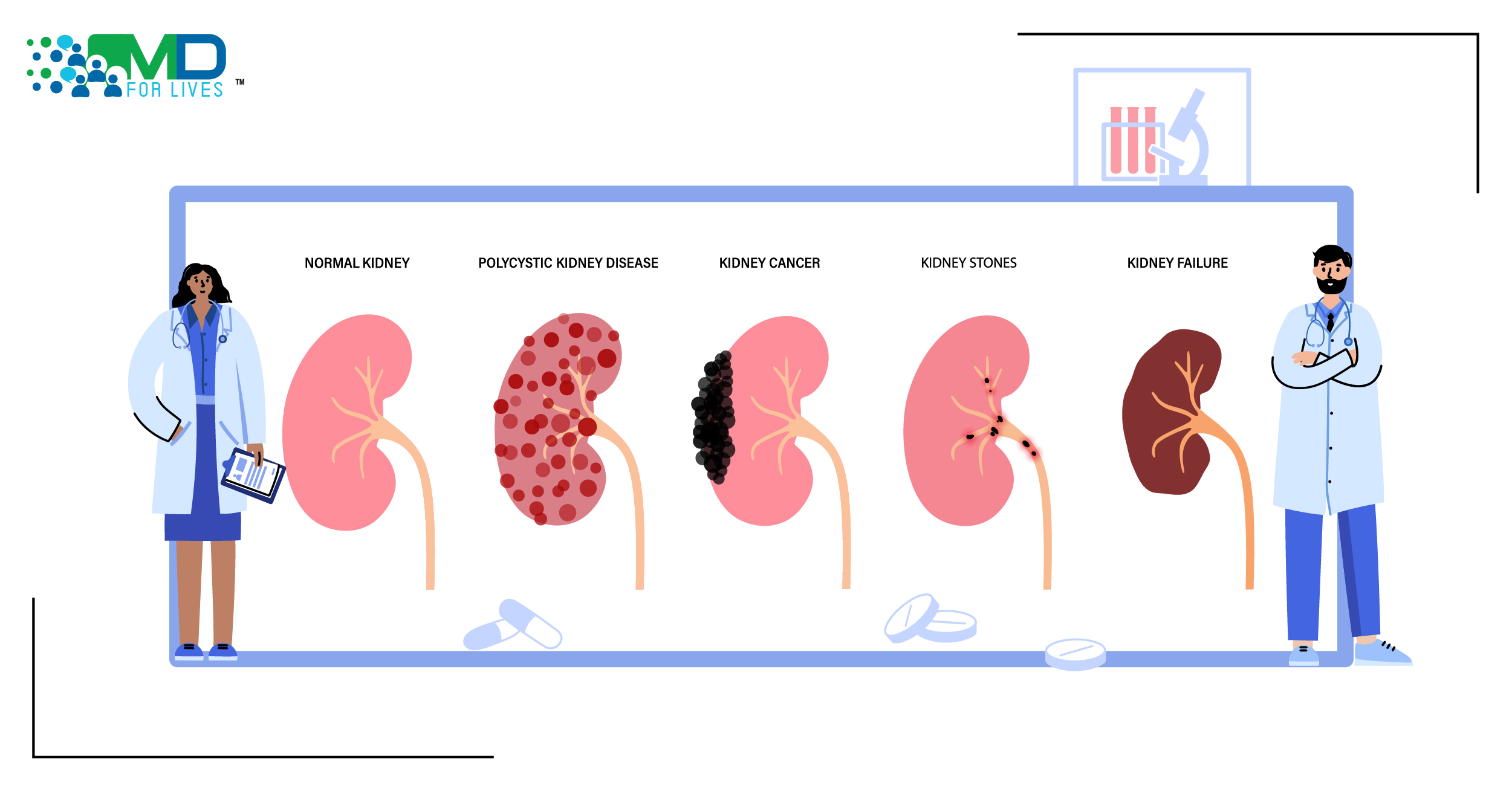Consumption of cranberry products like juices, capsules, or extracts has been promoted since long to prevent urinary tract infection (UTI). This is because cranberry juice is considered to lower urinary pH and prevent the adhesion of uropathogenic E. coli to urothelial cells, and reduce bacterial infection . However, further studies revealed that a large volume of cranberry juice had to be ingested to alter urine pH and that the proposed mechanism of preventing E. coli adhesion did not work in human infection. Furthermore, recent studies have challenged the efficacy of cranberry products in preventing UTI.
Urinary Tract Infection: New findings
A randomized double blind trial, evaluating 185 elderly women over a year, was carried out by Juthani-Mehta and colleagues evaluated the efficacy of cranberry products in preventing UTI. A total of 92 women were given cranberry capsules that were equivalent to 20 ounces of cranberry juice, while the remaining 93 were given placebo. The result showed that there was no significant difference in the presence of bacteriuria with pyuria. Moreover, there was no marked difference in cases of symptomatic UTI, mortality, hospitalizations, or any other clinical casualties. Approximately 31% of the participants already had bacteriuria and pyuria when enrolled in the study and no marked difference was observed in both the groups over the year.

Another double blind clinical trial was conducted on 319 college-going women suffering from acute UTI, to study the effect of cranberry juice on the risk of recurring UTI. Some participants were given 8 ounces of 27% cranberry juice twice daily, and others were given placebo. They were all followed up until either an episode of second UTI or for 6 months, whichever occurred first. Results showed that women drinking cranberry juice did not experience any reduction in the incidence rate of a second UTI compared to those consuming placebo.
The controversy
In sharp contrast, studies have amply proven that cranberries do infact help prevent UTI. A randomized trial conducted on 160 women who had undergone elective benign gynaecological surgery involving urinary catheterization showed that taking cranberry extract capsules during the postoperative period reduced the rate of UTI by half. The results were impressive, but there were many factors that might have compromised the outcome of this study, and there was no explanation as to why the benefits of cranberry were seen only in these women.
Considering these facts, it would be unwise to promote cranberry products as a medical intervention in preventing and curing UTI. Although there are some people who prefer taking minimum medication or believe in treating medical problems by using natural medicines, scientific research does not exclusively support the benefits of cranberry for UTI. Therefore, clinicians should not promote cranberry as an alternative for UTI treatment, rather stick to use of antimicrobial therapy for rapid resolution.
Credit: Dr. Rachita on behalf of Borderless Access






